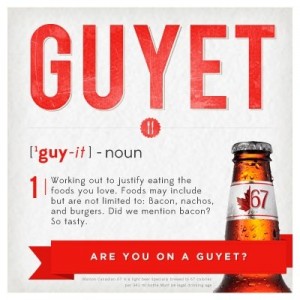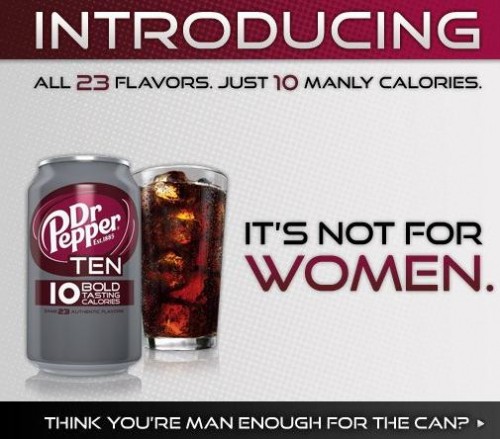In May we featured a block of cheese that inspired quite the response. Riffing off the name “Monterey Jack,” a company was selling “Monterey Jill”: the same old cheese, but reduced fat. It was an excellent example of the way dieting is feminized.
People — myself included — were pretty stunned to see gendered cheese; who knew this was going to be a thing. In fact, Liam sent us an example of gendered string cheese with the exact same theme: there’s string cheese animated by a male character and reduced-fat string cheese animated by a female character. Also, they’re surfing; aaaaaand I have no analysis of that.
 Thanks for reminding the ladies to be worried about their waistlines cheese people! It’s not as if we don’t get that message absolutely every time we turn around!
Thanks for reminding the ladies to be worried about their waistlines cheese people! It’s not as if we don’t get that message absolutely every time we turn around!
Lisa Wade, PhD is an Associate Professor at Tulane University. She is the author of American Hookup, a book about college sexual culture; a textbook about gender; and a forthcoming introductory text: Terrible Magnificent Sociology. You can follow her on Twitter and Instagram.









